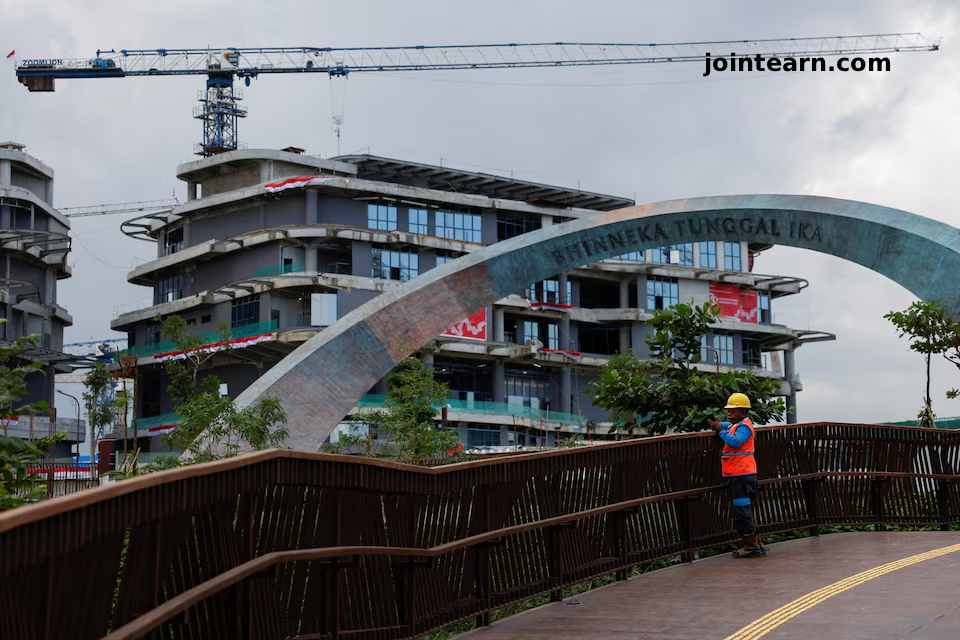
Jakarta, Indonesia – November 14, 2025 – Indonesia’s ambitious plan to relocate its capital from the overburdened city of Jakarta to Nusantara in East Kalimantan faces a new hurdle after the country’s Constitutional Court ruled to cut the maximum duration of land rights for investors in Nusantara by half. The landmark decision limits land rights to 95 years, significantly lower than the 190 years initially offered under the previous framework.
Background: The Nusantara Capital City Project
The Nusantara city project was first announced in 2019 by former President Joko Widodo, who emphasized the need to move Indonesia’s administrative capital from Jakarta. Jakarta, Indonesia’s financial and political hub, has long struggled with chronic congestion, sinking land, and environmental challenges. Nusantara, a greenfield city being developed in the lush Borneo jungle, was envisioned as a sustainable and modern administrative center to replace Jakarta.
The project is expected to cost around $32 billion, with much of the funding initially expected from private investors. Incentives such as long-term land leases and tax breaks were offered to attract both local and international investment. However, foreign interest has remained limited, while several Indonesian companies have shown preliminary investment interest.
Constitutional Court Ruling: Land Rights Reduced
The Constitutional Court ruling came in response to a petition filed by two residents of Borneo. The petitioners argued that granting land rights for an excessively long period could undermine the interests of future generations. The court agreed, resulting in a binding decision that halves the maximum land tenure from 190 years to 95 years.
Legal experts suggest that this decision could impact the financial viability of the Nusantara project, as investors may now view the shorter land rights as a reduced incentive for long-term investment.
Political and Economic Implications
The project has already faced significant hurdles. Construction was delayed due to the COVID-19 pandemic, and the budget for Nusantara was later trimmed by President Prabowo Subianto, who succeeded Widodo last year. Despite the budget cuts, Subianto remains committed to transforming Nusantara into Indonesia’s future political capital.
This ruling adds to the uncertainty surrounding Indonesia infrastructure projects, highlighting the challenges of balancing investor incentives with long-term public interests. Analysts warn that delays or reduced investor confidence could slow the city’s development timeline significantly.
Looking Ahead
While local companies may continue to invest in Nusantara, the decision may further dampen foreign investor interest in Indonesia’s new capital. The government will need to consider alternative strategies to attract capital and ensure the project progresses, including potential policy adjustments or enhanced non-land-based incentives.
The ruling signals the Constitutional Court’s commitment to safeguarding public interest in land and development projects, and it serves as a reminder of the delicate balance between economic development and sustainability in Indonesia.


Leave a Reply